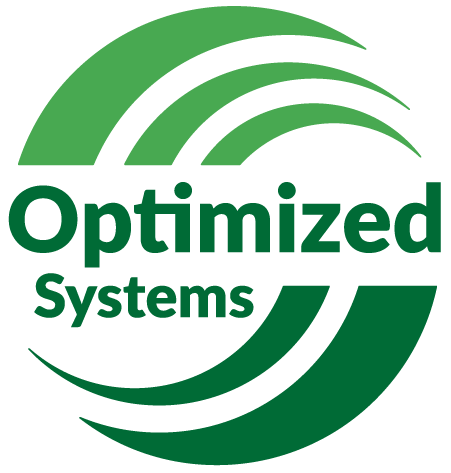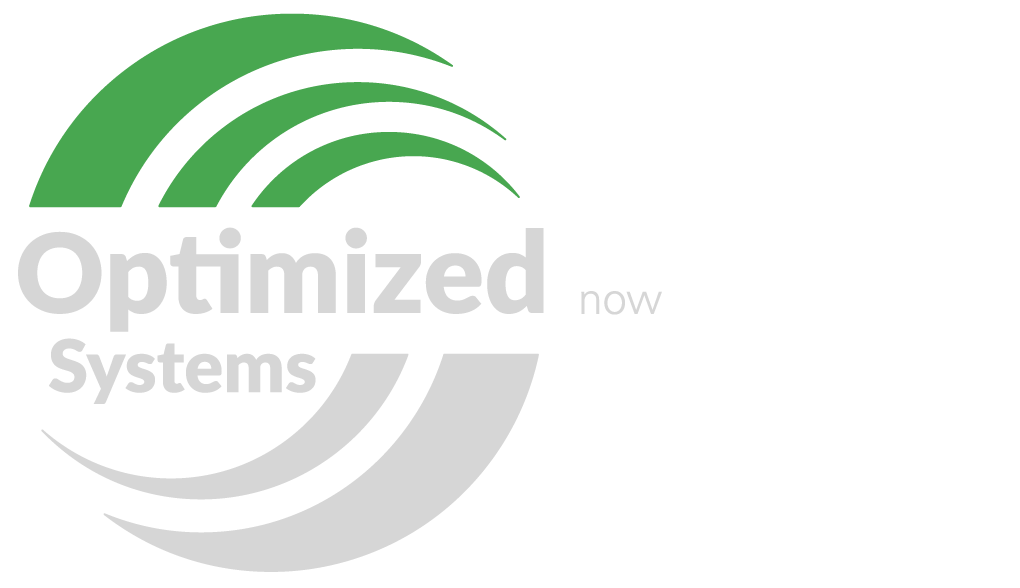General
While most of our projects to-date have been in Omaha and surrounding communities, our geographical reach is expanding to surrounding states, as well. With today’s communication technology and ease of travel, Optimized Systems, now IMEG can provide cost-effective services just about anywhere.
Lower utility bills are usually just the beginning. When building systems are running like they are supposed to, they require much less human intervention, as well as fewer repairs and replacements.
Optimization
No, it’s not. At least not in our book. Retro-commissioning, in concept, is an attempt to restore affected building systems to their original design. However, depending on how the building is currently being used, the type and condition of existing equipment, and other factors, the original design may not be suitable for achieving the building’s optimum performance. Optimization corrects operational deficiencies and reprograms the systems to operate as efficiently as they are capable of, taking into consideration building use, occupancy, and indoor air quality objectives.
For newer buildings, the best time to optimize is after the building has been operating for about one year. By then, the equipment warranties have expired, and most deficiencies have been identified and resolved. This is the perfect time to enhance (“optimize”) the system programming so that the system can perform efficiently, especially under extreme conditions when many systems falter. For existing buildings, the sooner optimization is completed, the sooner energy and operational savings can start being realized. Think about it: if optimization can save you from 15% to 50%, that is how much it is costing you every month you delay.
Commissioning is a quality-focused process with the purpose of ensuring that buildings and building systems are constructed in accordance with the owner’s project requirements and the design intent. However, essential building system designs are often not tooled or implemented in ways that make the best use of the building automation controls technology, equipment capabilities and limitations, and any unique operational needs of the building, some of which may not have been fully known at the time of design. Optimization fine tunes the building systems based on a holistic understanding of actual needs, equipment capabilities and operating conditions. Optimization almost always results in lower energy costs (15% – 50% or more), as well as lower operating costs due to fewer alarms, fewer failures and fewer complaints.
Great question. Energy savings is going to depend on your existing conditions and operating practices. While that question can’t be answered specifically without knowing more about your building, we set an initial goal of 25% energy savings. We won’t recommend proceeding unless we are confident that an attractive payback can be achieved.
The energy conservation industry has been very creative in developing financing options for energy projects. There are also special rates and rebates available from various organizations, depending on your circumstances. Drop us a note. We’d be happy to help you identify the best financing options for your projects.
Commissioning
Energy conservation is the primary thrust behind the commissioning movement. And research shows that commissioned buildings save enough energy to payback commissioning costs in 1.7 to 4.7 years, depending on circumstances. Other paybacks come in the form of problem avoidance. Given the complexity of today’s buildings and building systems and all of their interdependencies, a qualified and independent quality control process only makes sense, especially since problems or deficiencies not identified early in the design/construction process can have much greater cost and client relations implications later on.
Ideally commissioning starts during the planning and early design stages of the project, because the earlier an issue is identified, the less disruptive and less costly it is to resolve. Because Optimized Systems, now IMEG’s team has extensive experience in design and facility operations involving all types of equipment and building environments, we can offer practical insights regarding the operability and maintainability of the proposed equipment and designs.
It is hard to say but it is understandable to assume that some may not care to invite outside scrutiny. Only recently has commissioning been recognized as a necessary and mainstream practice, so some design and construction professionals are just starting to embrace commissioning on its merits. It only makes sense that anyone who is truly interested in delivering the best possible project for the owner should be all in for independent, third-party commissioning.
Yes, that is true for common commissioning. Most contractors and controls companies will add fees to the project to account for the time they will spend filling out checklists and performing the functional performance test that will be asked of them. Because Optimized Systems, now IMEG self-performs its own testing and doesn’t ask contractors to complete checklists (unless required to on a LEED project), contractors will not be impacted by commissioning unless it is to correct a deficiency for which they are responsible. Therefore, any fees proposed for accommodating commissioning performed by Optimized Systems, now IMEG should be eliminated.
We hear this a lot, and there is a solution. Non-proprietary, open-platform building automation systems are the way of the future. Reach out and let us show you how it works and how you can get started. It’s worth knowing about!
Advocation Services
Advocation services can cover whatever you need them to, from basic maintenance to full facility operations. Advocation services most commonly include maintenance roles, remote monitoring, and response to comfort complaints. Because we are experts in building operations, mechanical equipment and controls technologies, we can customize a program to meet your exact needs.
Advocation agreements are typically a year in duration, but we can setup programs for whatever period of time meets your needs. For example, if you are in between facility managers, Optimized Systems, now IMEG can provide an interim solution for one, two or three months, if that is all you need.
It easily can. Because we are experts in building operations, mechanical equipment and controls, we can bundle all of your needs into one cost-effective program.

